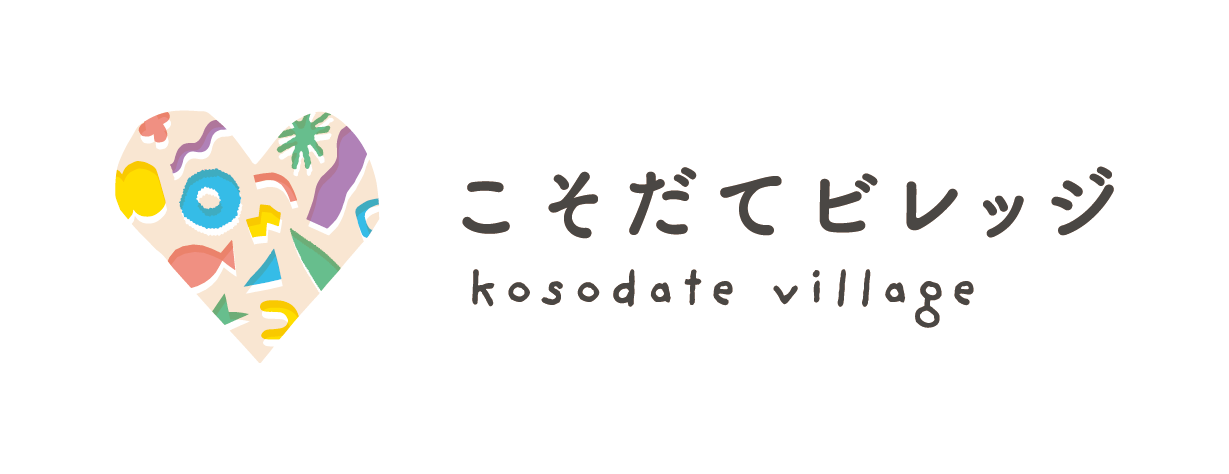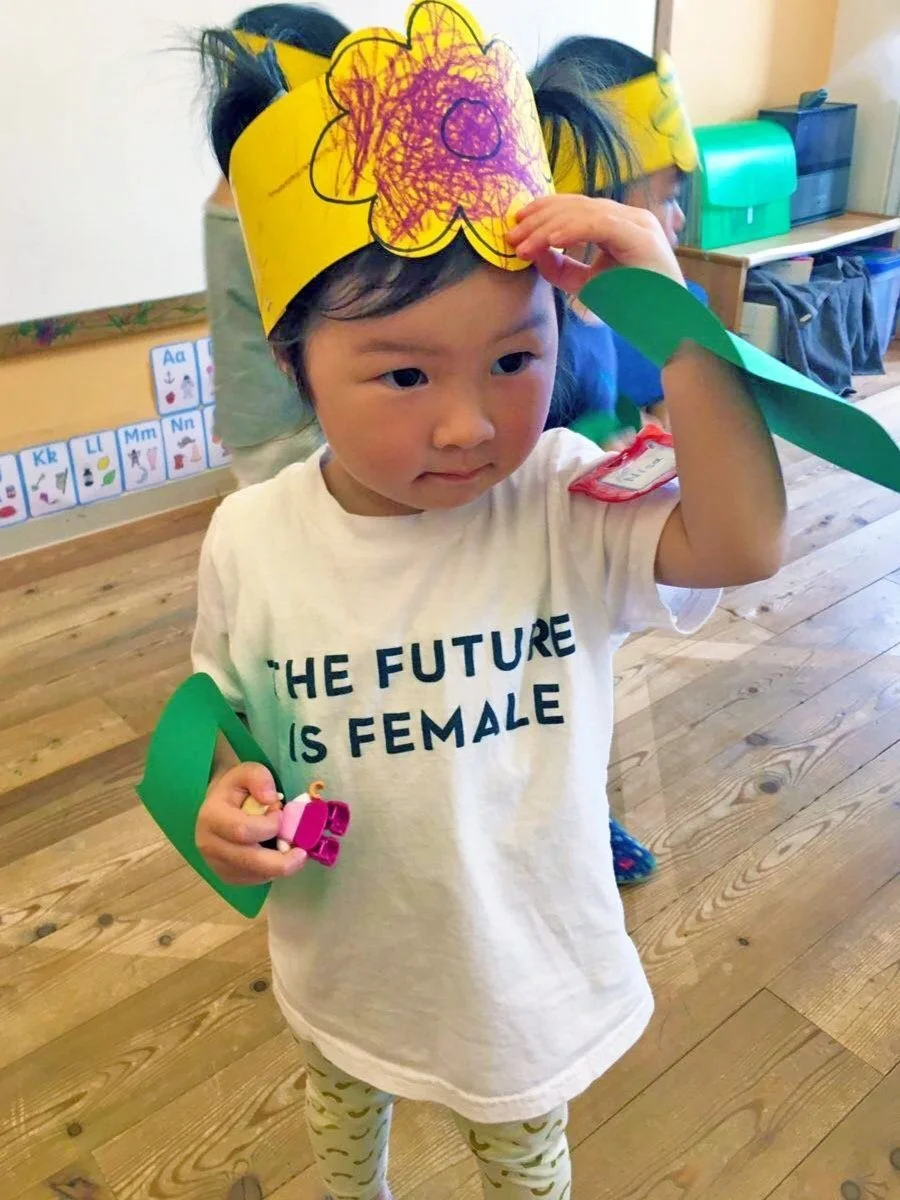Education is Empowerment
“Empowerment is the act of giving power to people. Empowering people to cooperate with each other to build a better society, and to acquire the ability to live while making their own decisions. The idea is that people should acquire the ability to live while cooperating and deciding for themselves in order to build a better society.” Shogakukan Digital Daijisen
At Kosodate Village, we believe that education on social impact issues through principles of diversity, equity and inclusion (DEI) is the key to solving many of society’s biggest challenges and improving life for everyone.
VISION
A society in which half of all decision-makers are female
and every individual is supported in reaching their full potential.
MISSION
To promote diversity, equity and inclusion in Japan
and offer support to parents in the early child-rearing years.
Our Activities
-
PRESCHOOLERS
The running of Ryozan Park Preschool is Kosodate Village’s primary activity. We provide English-language education for children to equip them for success through self-realisation. Implementing diversity, equality and inclusion (DEI) in preschool teaches children to be cooperative and considerate - important values in Japanese culture - while becoming expressive, critical thinkers of a global standard.
-
TEENS
Becoming a young adult is a complex and unstable stage in a person’s development regardless of gender. Teens need help learning how to navigate these changes, how to interact with one another and how to face the challenges that lie ahead. We provide DEI-based workshops and mentorship, introducing role models and offering the knowledge and skills necessary for teens to reach their full potential and make a positive contribution to society.
-
PARENTS
Families have always been the focus of our community. Members and non-members can come together at our workshops, lecture courses and social events designed to support parents’ professional needs, strengthen communication and create spaces for organic community growth. Many of our events are geared towards mothers on maternity leave, who have a unique need for connection and opportunities for collaboration and self-development.
What is Diversity, Equity and Inclusion (DEI) all about?
Diversity is the presence of differences that may include race, gender, religion, sexual orientation, ethnicity, nationality, socioeconomic status, language, (dis)ability, age, religious commitment, or political perspective. Diversity makes our society interesting and beautiful!
Equity is promoting justice, impartiality and fairness within the procedures, processes, and distribution of resources by institutions or systems. It is important that everyone should have an equal chance at reaching their full potential.
Inclusion is an outcome to ensure those that are diverse actually feel and/or are welcome. This means being inviting to all people and understanding that everyone has a unique and important experience and perspective on life.
Why is teaching DEI important?
Teaching DEI is necessary to tackle structural discrimination as it provides tools for individuals to learn to question their assumptions and think critically about how their thoughts and actions impact society.
'Structural discrimination' means discrimination that is deeply rooted in the social context and culture. It exists in both obvious and hidden places. Even obvious discrimination may be unconsciously tolerated because it looks like tradition or common sense. Some recent examples are the 2018 medical school scandal where 10 universities were found to be limiting the number of female students admitted by downgrading their exam results, and the 2021 news that the LDP allowed five female MPs to attend party executive meetings, which are predominantly male-attended, as observers, with the condition that they should not speak at the meetings.
Some recent figures on gender equality in Japan:
In 2021, Japan's gender equality gap stood at 34.4%, ranking 120th out of 153 countries.
In East Asia and the Pacific, Japan ranks 18 out of 20, above only Vanuatu and Papua New Guinea.In the Index of Women's Political Participation, Japan ranks 147th out of 155.
Only 9.9% of the members of the lower house of Japan's parliament are women.
Despite 72% of Japanese women being in the workforce, the proportion of women in management positions is only 14.7% in Japan, compared to 42% in the US and 36.8% in the UK.
The average income of women in Japan is 43.7% lower than men.
(data from the World Economic Forum Global Gender Gap Report 2021)
What happens when DEI is taught?
Alternative perspectives become available to the individual.
Learning to think critically, formulate questions, and express considered opinions leads to a greater understanding of the world.
Youths and women who are properly supported and connected to role models can realise their power to effect change.
The empowerment of marginalised groups benefits society as a whole.



